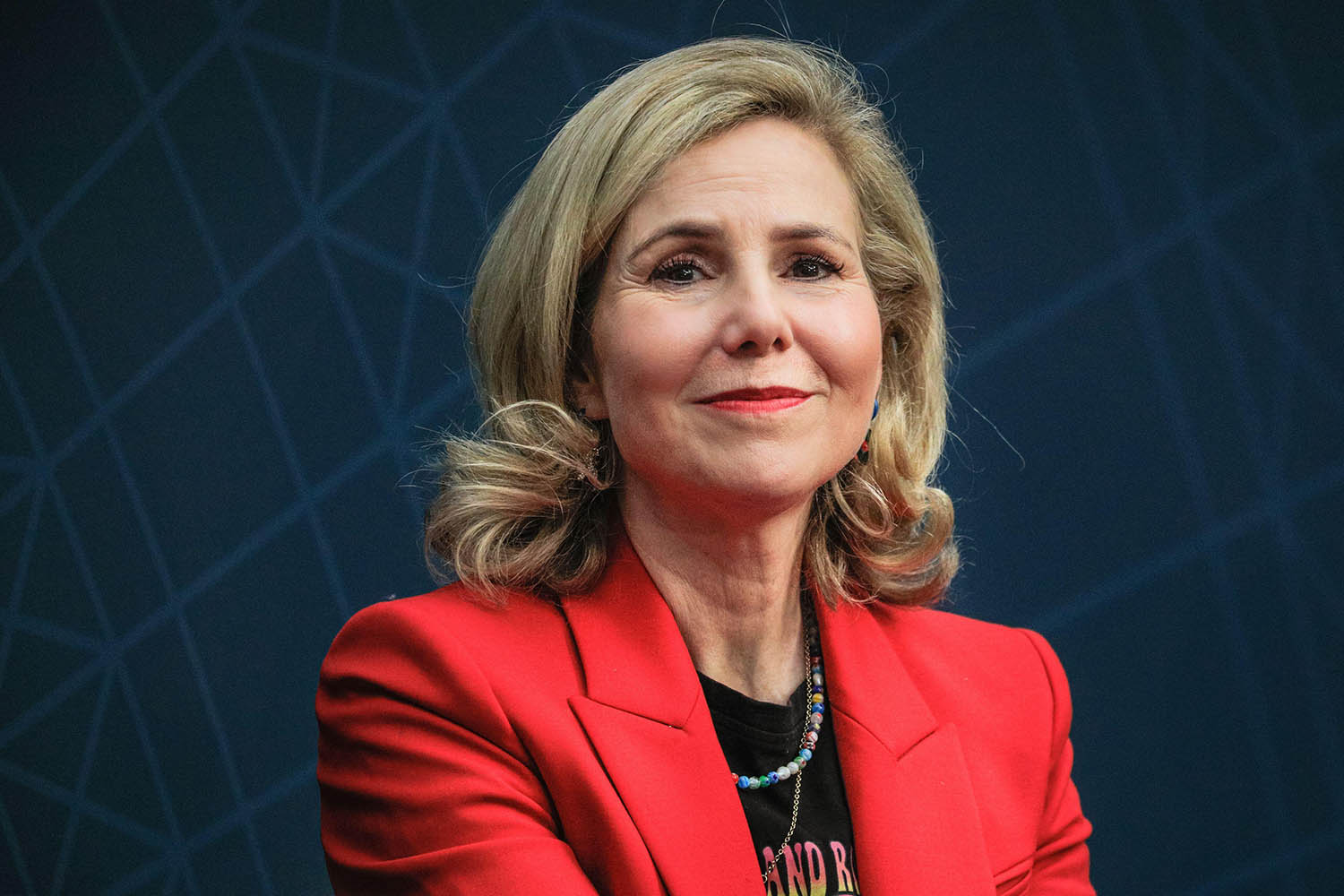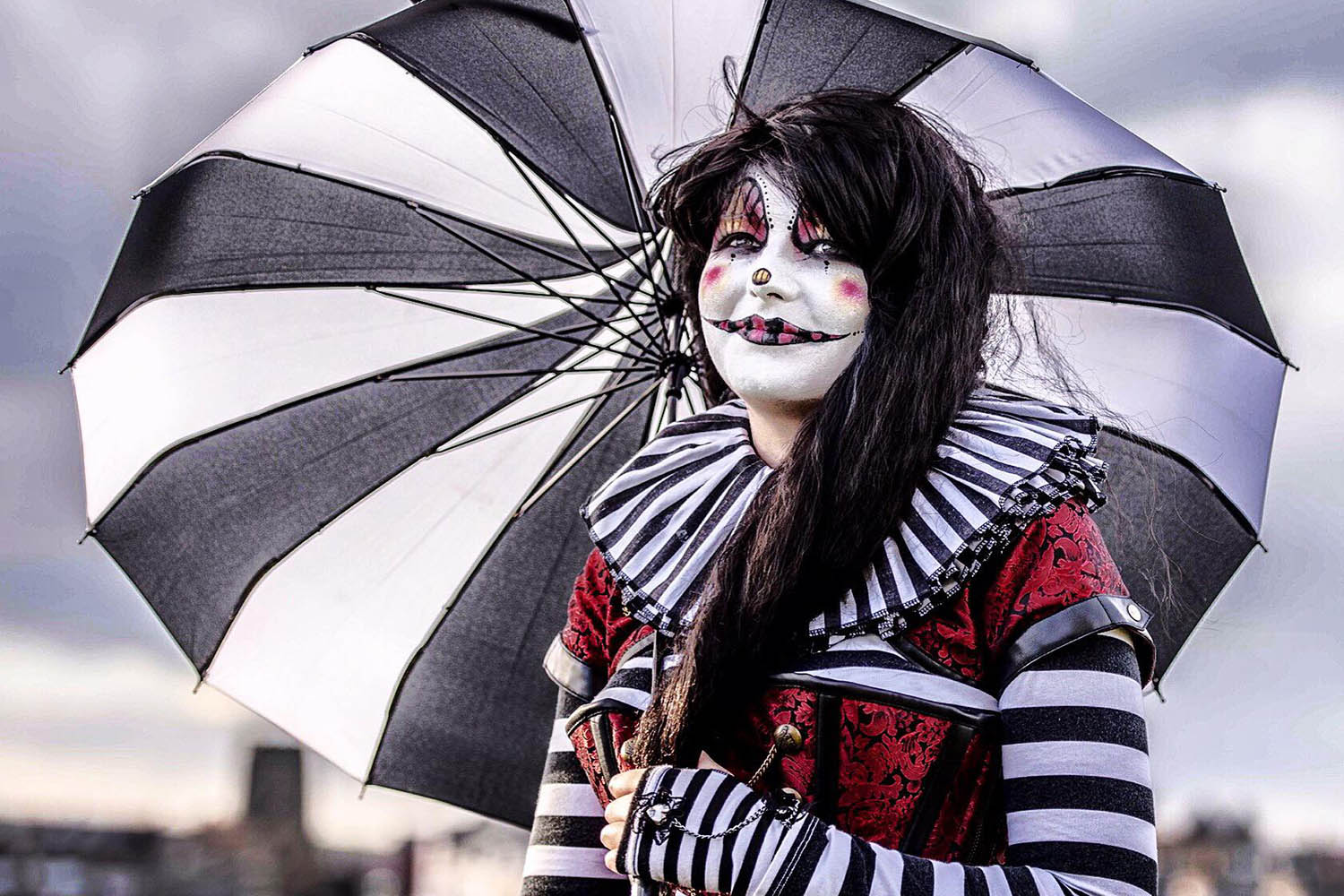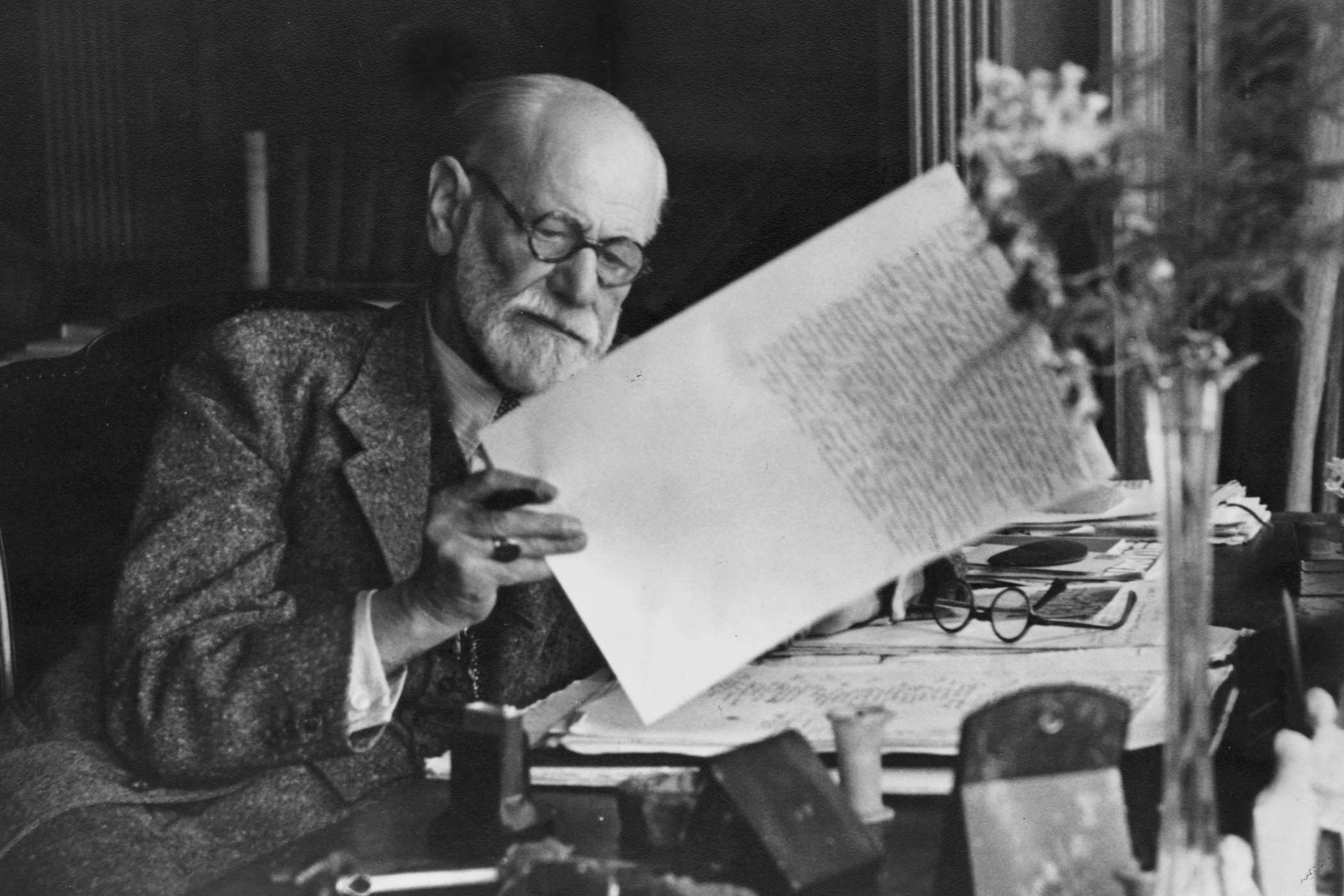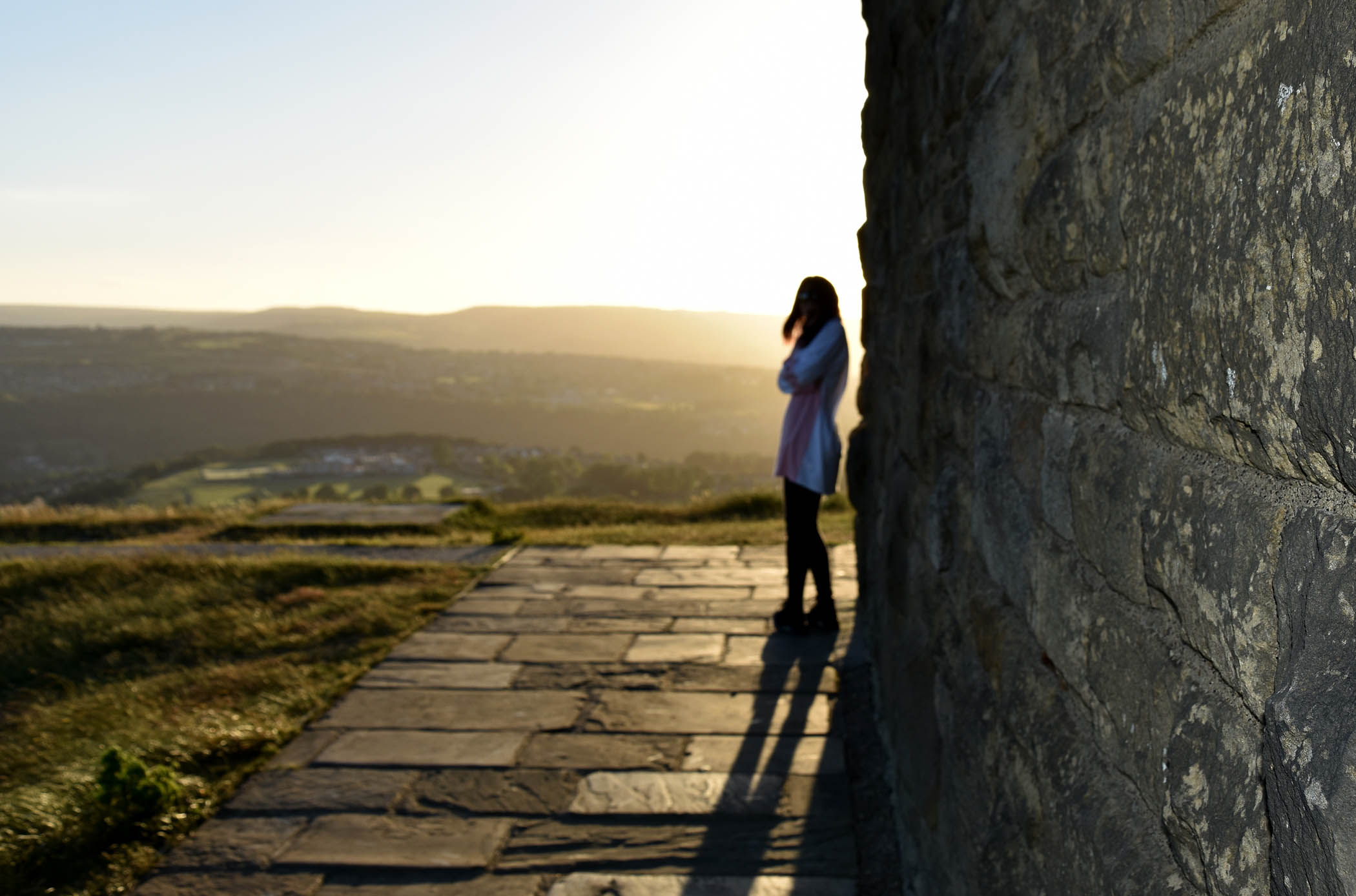Are you into woo?” I ask my new artist-clown-trumpeter friend, Sarah. We’re standing in Hyde Park after the goth clown annual picnic (recommend) and an audience member (ex-psychiatrist, novice clown) has just revealed that people often have past-life experiences when doing breath work. “I was once a dead baby. The strange thing was that every single person I’ve come back as has been on Hampstead Heath at the time.” I live for this stuff. We human beings are so brilliantly, gloriously, strange. And when you’re around clowns, people stop pretending not to be.
“I’m of uncertain woo,” says Sarah. “Since clowning I’ve encountered a lot of people who are into woo, and so I’m woo-curious.” Textbook clown. Uncertainty and curiosity are foundational clown attributes. So is acceptance. “Clowns are such a supportive community,” says the once-upon-a-time-psychiatrist as we watch the goth-clown band showing Max, who has Down's syndrome, how to play the bassoon.

If you still think of clowns as big-shoed, burger-flogging, white-faced, lonely old perverts, you are so yesterday. Goth-clown artists and musicians are just the tip of the iceberg. Holly Stoppit of the Bristol Clown School defines clowning as “a listen-and-respond” art form. “When you consciously try to develop your ability to really see and listen to people, you realise how little we do it naturally," she says. “It feels radical, counter-cultural."
There are many more uses for a nonjudgmental, listening, truthful idiot than you’d think. Though I won’t hear a word against Tom Hiddleston’s Benedick in Much Ado – there should be more clowning with a six pack – performance may be the least interesting application. There are clown therapists, clown shamans, clown doctors and clown academics.
In real life we are much less frightened of them than we claim
In real life we are much less frightened of them than we claim
Research shows we are much less frightened of clowns in real life than we claim. Fortunate, because graduates from humanitarian clowning schools such as the International Institute for Very Very Serious Studies, in Beirut, go on to join organisations such as the Dream Doctors project, in Israel, or Clowns Without Borders, which parachute into trouble spots to entertain kids affected by war. People on the ground report how transformative these superficially pointless shows can be. For my Lebanese clown friend (another), Sally, who clowns along the Syrian border, laughter is not an escape. “It is activism in the body. It is collective resistance to the horror.” Clowns may have poor dress sense, but at least they’re turning up.
Clown activism is on the rise. When both sides have zero respect for what you are doing, you can bring about a unity of sorts, even if you fail to make anyone laugh. There’s an Israeli clown, Hashoteret Az-Oolay, whose Facebook page shows her dressed in police uniform, with a wig and red nose, sticking heart stickers on confused militia members. In one clip she’s trying to restrain a police officer. “Calm down, neshama [Hebrew for ‘soul’]. We are in this together. Take a deep breath.” Rumour has it that the Clandestine Insurgent Rebel Clown Army, which often made the news at Iraq protests in 2005, has reformed by popular demand. The visuals are to die for: a row of Harley Quinn-a-likes with red noses, kissing riot shields? Iconic.
Being a clown seems a perfectly rational response to a world that is being ridiculous so terribly seriously. We’re all clowns now, whether we know it or not, and a red-nosed clown models how to deal with disaster with a hope that doesn’t slip into either cynicism or despair.
Maybe I’m drawn to clowns because I live with one. There’s a lot of neurodiversity in the clown world, and my son Olly and his Down's syndrome cohort are among the funniest people I know. In the car on the way back from the picnic Olly puts on the radio and starts to sing. I join in. “JESUS CHRIST” says his friend, Max. “Are you all right?” Textbook clown.
Sally Phillips is a comedian and actress whose new comedy-drama Austin is on BBCiPlayer
Photographs Alamy
Newsletters
Choose the newsletters you want to receive
View more
For information about how The Observer protects your data, read our Privacy Policy


